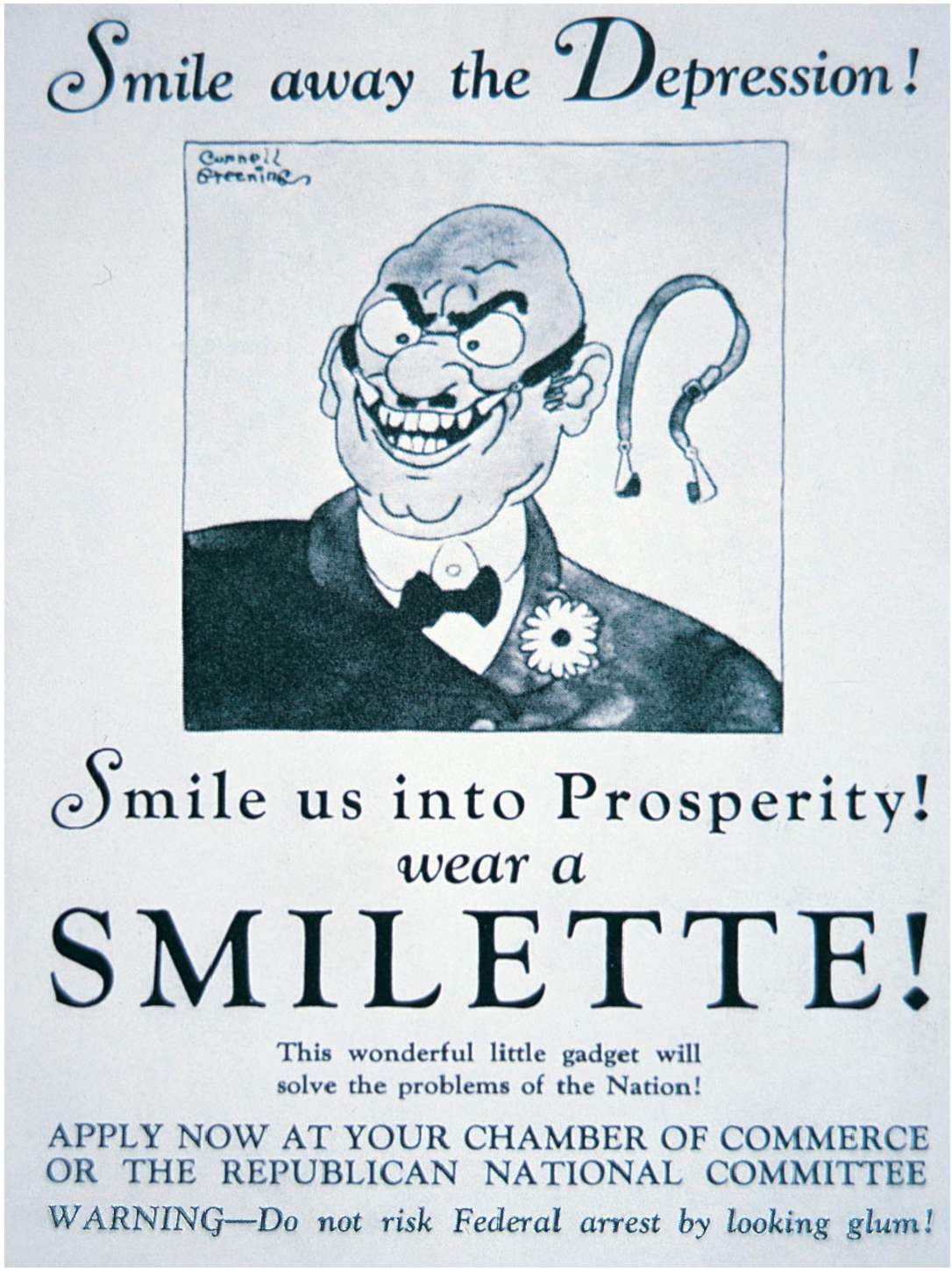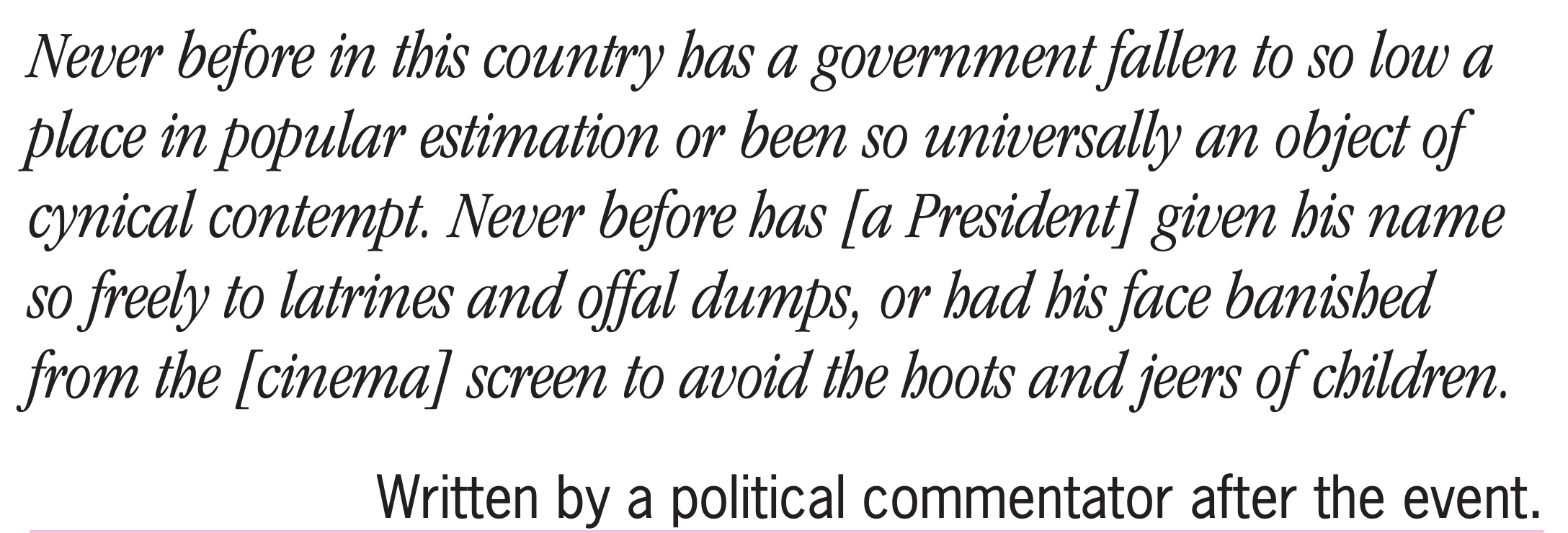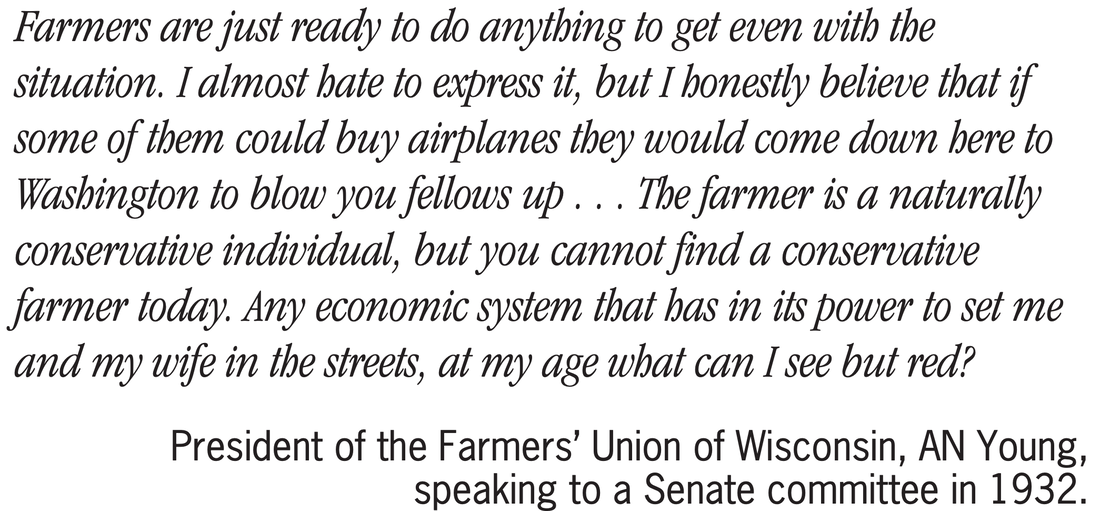Lesson 4 - 1932 Presidential Election
|
|
|
Franklin D. Roosevelt won the 1932 presidential election because he was able to tap into the widespread dissatisfaction with the incumbent, Herbert Hoover, and the economic conditions of the time, particularly the Great Depression. He campaigned on a platform of "relief, recovery, and reform" and promised a New Deal to address the economic crisis. His campaign message resonated with many Americans, particularly working-class and rural voters, and he was able to defeat Hoover in a landslide.
Textbook pages 216-17 cover the 1932 presidential election. Complete the focus task on page 217.
The reasons for Roosevelt's success are given as, the experiences of ordinary people, Republican policies, Republican actions and Roosevelt's election campaign. Do you think that Hoover lost the election or do you think Roosevelt won it?
Textbook pages 216-17 cover the 1932 presidential election. Complete the focus task on page 217.
The reasons for Roosevelt's success are given as, the experiences of ordinary people, Republican policies, Republican actions and Roosevelt's election campaign. Do you think that Hoover lost the election or do you think Roosevelt won it?




